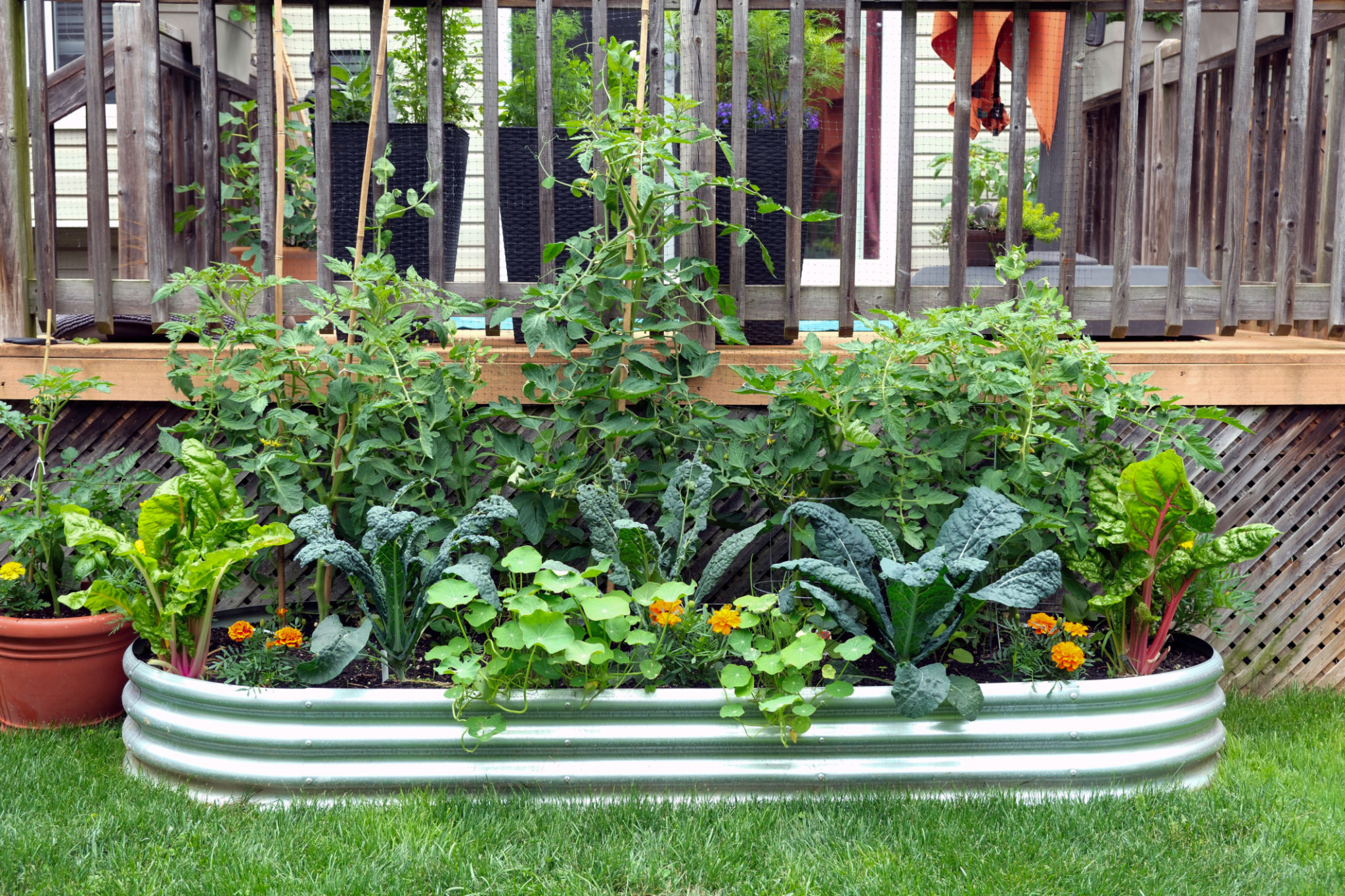How to Start Your Own Sustainable Urban Farm in Kasungu
LW
Introduction to Sustainable Urban Farming
Urban farming is a growing trend that combines agriculture with city living, offering fresh produce and promoting sustainability. In Kasungu, the need for sustainable food sources has made urban farming a viable option for residents looking to cultivate their own produce while contributing to environmental conservation.
Starting your own sustainable urban farm in Kasungu can be a rewarding venture. It not only provides fresh and nutritious food but also helps reduce your carbon footprint. This guide will walk you through the essential steps to get your urban farm up and running.

Choosing the Right Space
The first step in starting an urban farm is selecting the right space. In Kasungu, available land might be limited, but creative solutions can make even small areas productive. Consider options such as rooftops, balconies, or community gardens. Ensure the location receives ample sunlight, as most crops require at least six hours of sunlight per day.
For those with limited outdoor space, vertical gardening is an excellent solution. Utilizing walls or fences to grow plants can maximize your farming area and create a lush green environment.
Selecting Crops Suitable for Kasungu
Choosing the right crops is crucial for a successful urban farm. In Kasungu's climate, consider growing vegetables like tomatoes, spinach, and peppers, which thrive in warm weather. Additionally, herbs such as basil, mint, and cilantro are easy to grow and can add flavor to your meals.
It's essential to research and understand the growth cycle of each plant. Opting for crops with shorter growing seasons can lead to multiple harvests within a year, enhancing productivity.

Implementing Sustainable Practices
Sustainability is at the heart of urban farming. Implement eco-friendly practices such as composting kitchen waste to create nutrient-rich soil. Avoid chemical fertilizers and pesticides by using natural alternatives like neem oil or introducing beneficial insects to control pests.
Conserve water by installing rainwater harvesting systems or using drip irrigation methods. These techniques not only save water but also ensure your plants receive adequate hydration.
Building a Support Network
Starting an urban farm can be challenging, but you don't have to do it alone. Engage with local farming communities or join social media groups focused on urban agriculture in Kasungu. Sharing experiences and tips with fellow urban farmers can provide valuable insights and support.

Marketing Your Produce
If you're looking to turn your urban farm into a small business, consider marketing your produce within the local community. Farmers' markets and local grocery stores are excellent platforms to sell fresh produce. Create a brand that emphasizes sustainability and quality to attract environmentally conscious consumers.
Utilize social media to promote your farm and engage with potential customers. Sharing photos of your produce and the farming process can help build a loyal customer base.
Dealing with Challenges
Urban farming in Kasungu may present challenges such as pests, unpredictable weather, or limited space. However, these obstacles can be overcome with proper planning and resourcefulness. Stay informed about pest management strategies and invest in protective structures like greenhouses or shade nets when necessary.
Remember that persistence is key. Every challenge is an opportunity to learn and improve your farming techniques.
Conclusion: The Future of Urban Farming in Kasungu
Urban farming is more than just a trend; it's a sustainable solution for food security and environmental conservation. By starting your own urban farm in Kasungu, you contribute to a healthier community while enjoying the fruits of your labor.
With determination and creativity, you can transform even the smallest urban space into a thriving green oasis. Embrace the challenge and take the first step toward sustainable living today.

